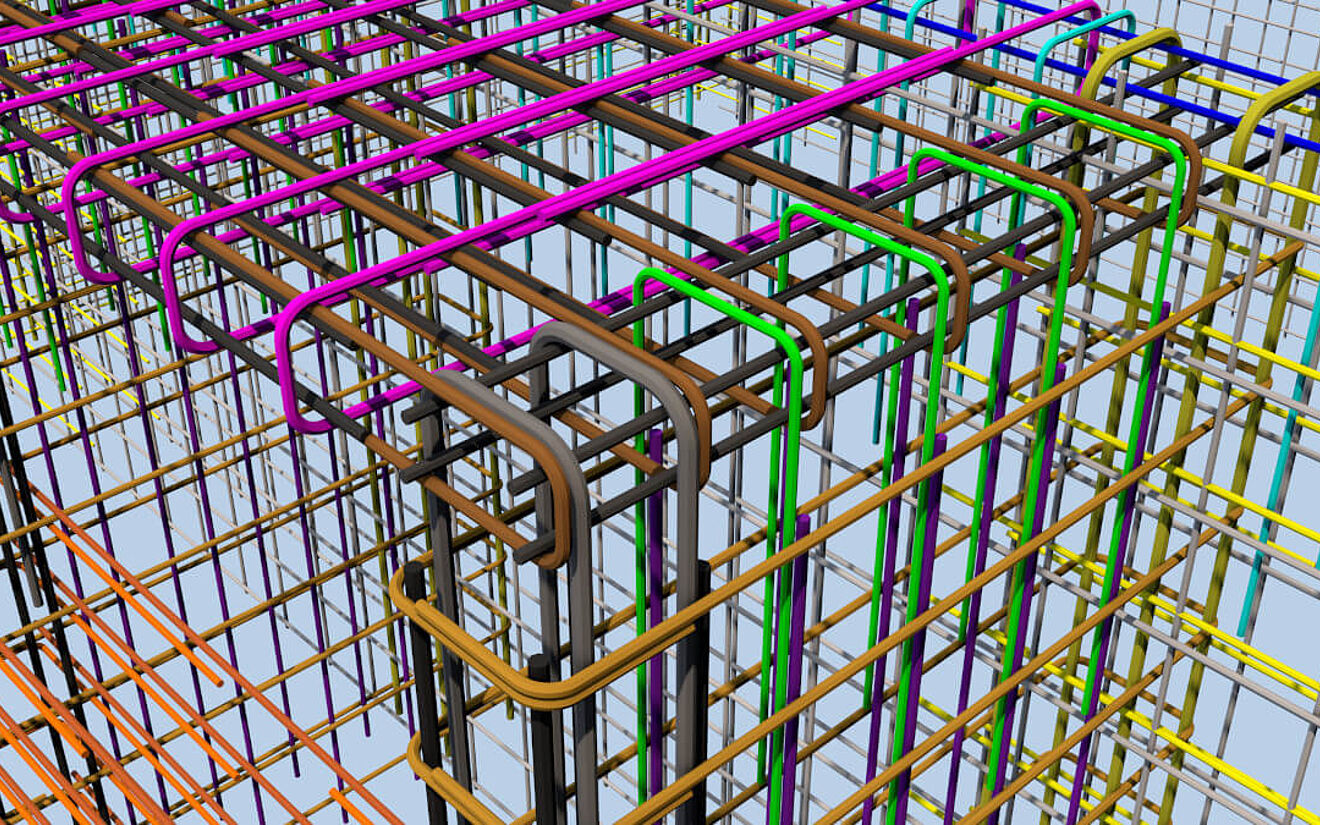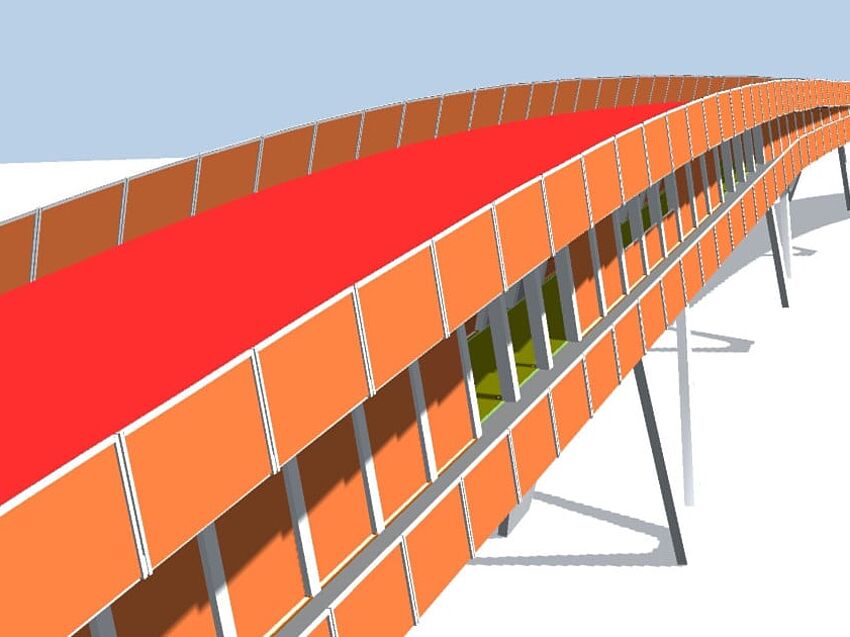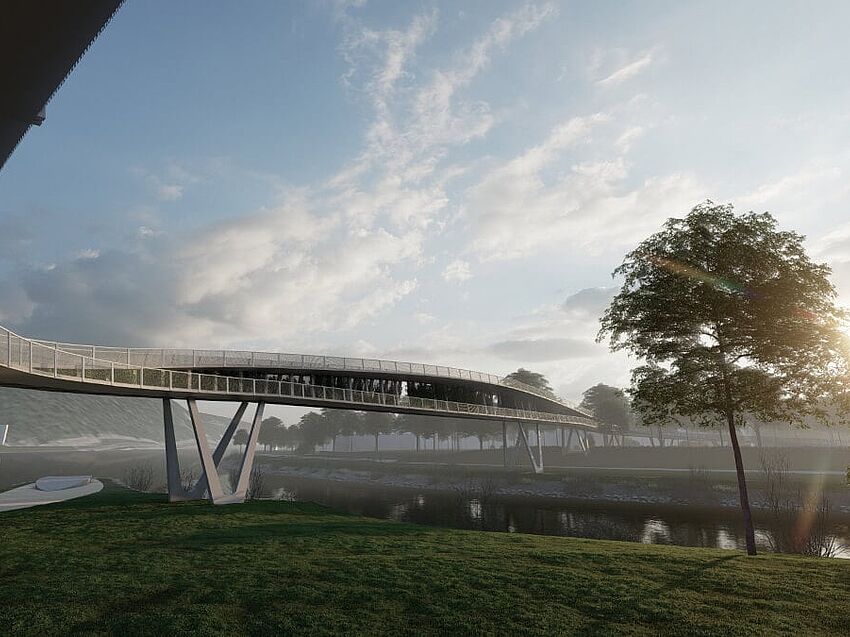A Guest Post by Aleksandra Glendža, Co-founder and ALLPLAN Project Manager at NS Drafter
Rebar detailing is a crucial step in any construction project, ensuring that reinforced concrete structures are safe and functional. However, the process can be time-consuming and prone to errors, leading to delays and cost overruns. NS Drafter, a leading rebar detailing and 3D BIM company, has developed an efficient approach to rebar detailing using ALLPLAN. Here, Aleksandra Glendža, Co-founder and ALLPLAN Project Manager at NS Drafter, shares their rebar detailing processes and how ALLPLAN’s rebar detailing software has facilitated this.
Setting a Good Foundation
In terms of workflow and communication, the rebar detailing process typically involves analyzing the project, determining the appropriate team member based on their expertise and workload, and gathering initial information from the client. We then set deadlines and create a dedicated communication group on MS Teams for the project. In collaboration with the drafters, we discuss the tasks, deadlines, and feasibility. If deadlines are deemed unrealistic, I suggest new deadlines to the client, and we mutually agree on them so all sides can finish their part of the work successfully.
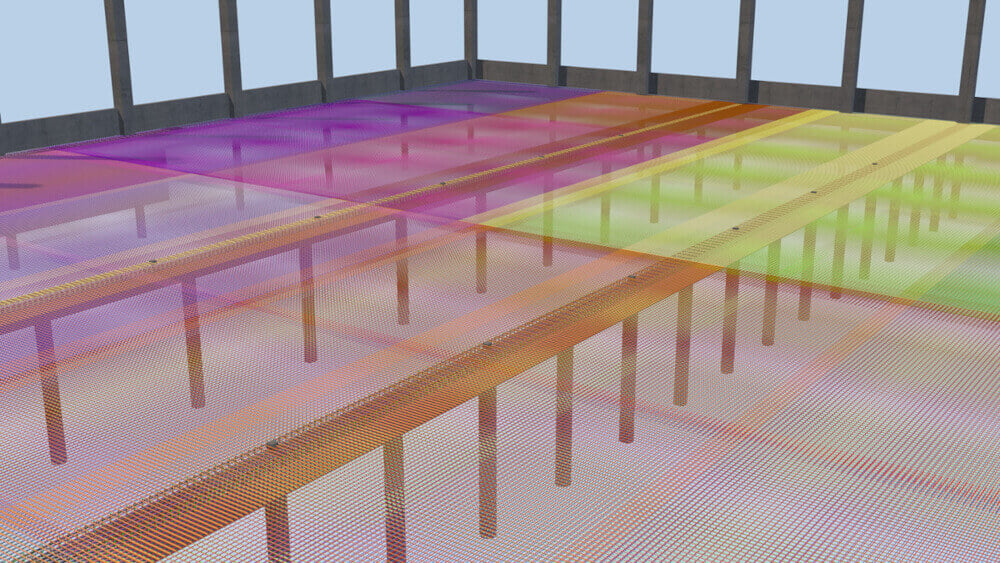
Ensuring High Standards
In rebar modeling and detailing, ensuring accuracy and attention to detail is of utmost importance. This is achieved through proficiency with ALLPLAN software, skilled interpretation of plans and input from clients, and adherence to project-specific instructions, guidelines, and checklists. For example, we have integral checklists for technical tasks that serve as a quality assurance tool and as reminders for other tasks.
The rebar modeling process typically begins with creating a formwork plan, followed by a reinforcement plan once the formwork plan is approved, using ALLPLAN’s automated rebar detailing tools. It is crucial to consider the client’s requirements, which may vary depending on the source of input. We work with many different national standards, such as German, Swiss, Austrian, Dutch, and more, some of which may provide sketches while others provide more structural data.
Additionally, the accuracy of the building's architecture is essential for the rebar modeling process. Communication with the client is key in order to resolving any discrepancies or inconsistencies early.
Daily huddle meetings are also important for maintaining communication within the team. In my previous experience working with a larger team, we held regular morning huddle meetings where most team members worked on a single project or its parts. Currently, with a smaller team of 7 people managing multiple projects, individual and one-on-one meetings are more beneficial due to the differences in projects, especially when clients are from different countries with specific requirements.
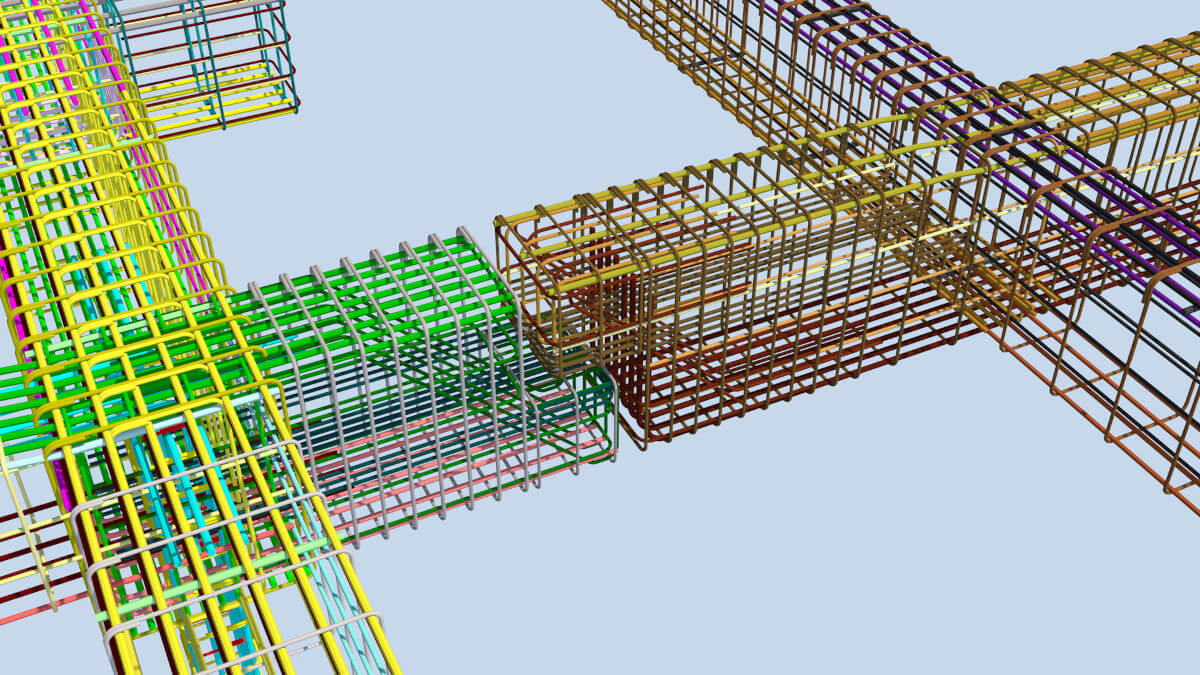
Delivering Quality
NS Drafter's quality management system is conducted in two stages, starting with a "General look" review by a person who was not involved in the initial drafting process. This provides a fresh perspective and feedback is given in PDF format to the drafter. The drafter then incorporates the feedback to make necessary revisions.
The second stage is the "Audit" review, which involves a quick overview of the overall plan, including tables and specific points. After these two levels of review, the plan is sent to the client for their review and comments as an additional validation step. Once all comments are addressed and revisions made, the final plan is ready for use on the construction site.
Building Proficiency Through Consistency
Managing diverse projects with varying specifications and procedures, especially when clients are from different countries, comes with challenges. To mitigate these, I try to assign the same drafter to a specific type of project as long as possible, as they become familiar with the project specifications over time. However, there are cases where specific drafters may not be available, and I have to adapt accordingly. I also recognize that frequent changes in project assignments for drafters can be challenging due to varying specifications. Therefore, I strive to maintain consistency in drafter assignments, connecting them with specific clients whenever feasible to ensure smoother project execution.
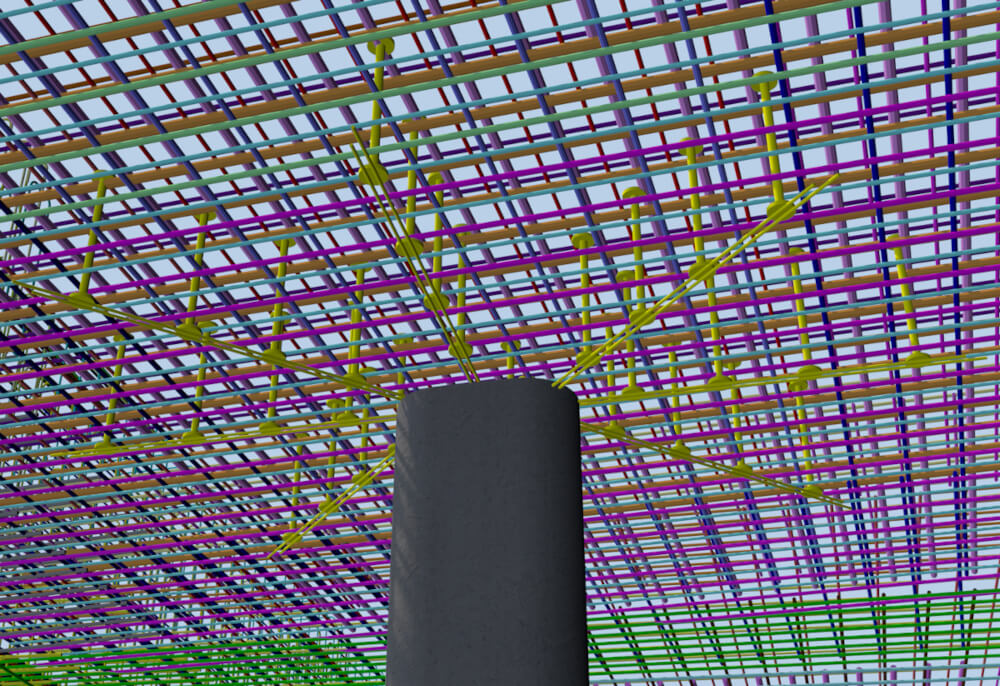
Resolving Issues Proactively
In every project, occasional issues may arise, such as changes in deadlines, modifications to drawings and plans, or issues with adhering to previously agreed-upon terms. However, I have found that effective communication and a willingness to adjust can lead to successful resolutions in such situations. My clients appreciate the professional approach we take and also recognize the importance of valuing the relationships between people.
Similarly, within the team, minor disagreements can arise over project workflows, as each drafter may have a unique approach to problem-solving. In such situations, we work together to assess the situation to determine the most appropriate course of action for resolution. If needed, I seek input from other project managers or senior engineers at NS Drafter, depending on the nature of the issue, to ensure a fair and objective resolution.
Planning Ahead for Success
Change management is an essential component of successful project management, but it becomes even more relevant when introducing new tools, technologies, or processes from ALLPLAN into a team's workflow. Ensuring that the team adopts these changes smoothly and with minimal disruption to ongoing projects requires careful planning, communication, and support.
Providing adequate training and support is also critical for the successful adoption of new tools, technologies, or processes. When a new employee comes to the team, they get assigned to the mentor. The mentor, along with the specifications, is there to help the newcomer adapt to the ALLPLAN workflow. The mentor provides advice, answers questions, shares tips and tricks, and generally eases the new colleague into the project pipeline. We have also developed the NS Drafter Academy, which helps educate our team members and new employees efficiently.
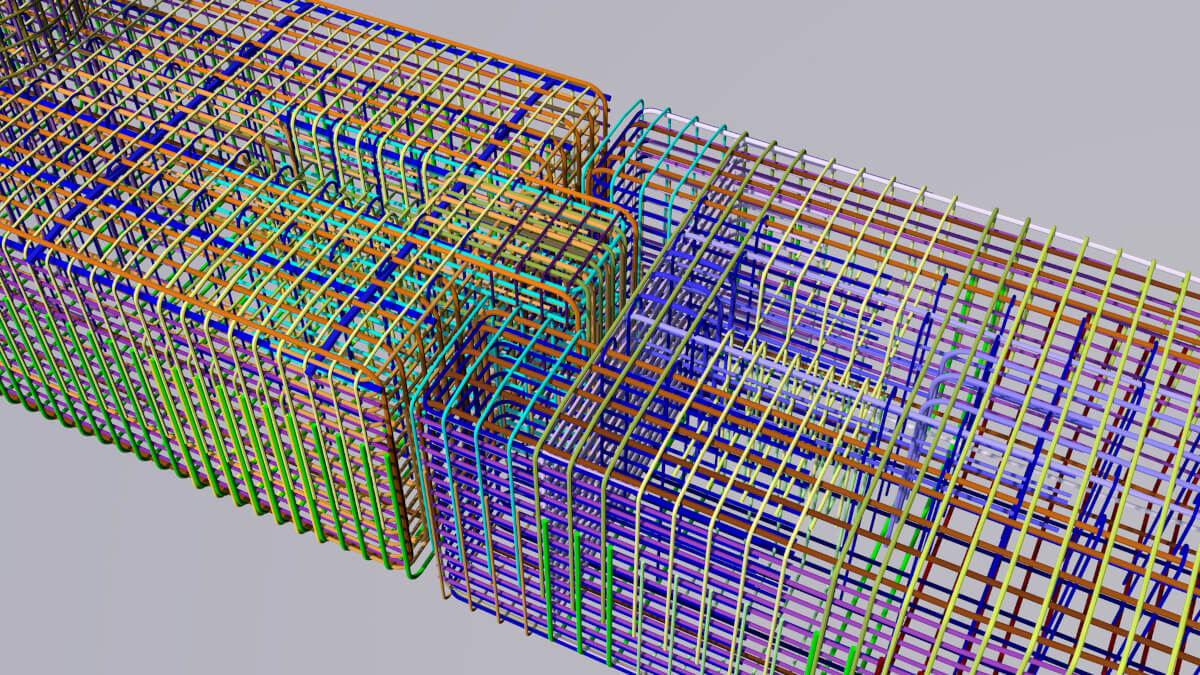
Conclusion
By involving all stakeholders in the detailing process, creating detailed 3D models, and utilizing ALLPLAN’s automated reinforcement tools, NS Drafter has streamlined the rebar detailing process and reduced the risk of errors. Effective communication and a willingness to adjust also play a critical role in successful project delivery, whether it's resolving issues with clients, introducing new tools, or managing workflow differences within the team. By adopting these best practices, rebar detailers can save time, reduce costs, and deliver safer, more functional structures.
